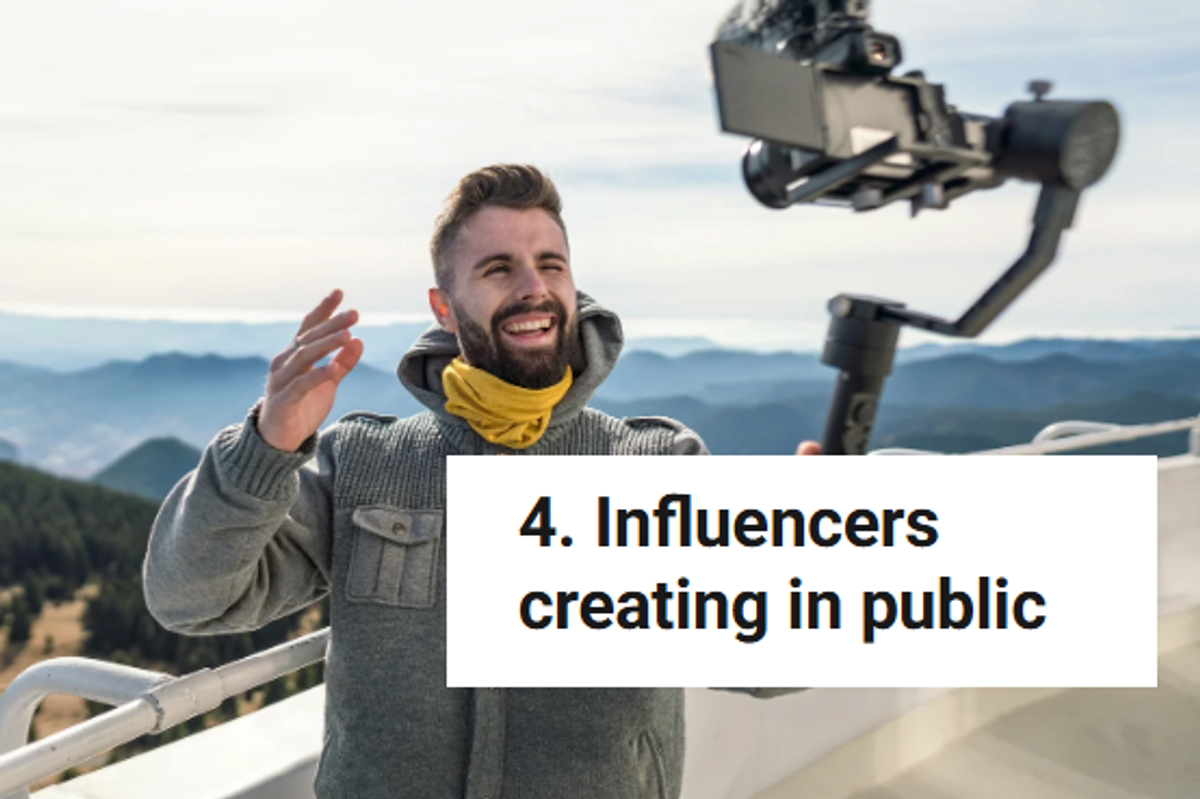New research says cold plunges are overrated. Long live hot baths.
If it ain't broke, don't fix it.

It's safe to say that cold plunges, or several-minute-long ice baths, are having a moment. Athletes have been using them forever to recover from workouts and rigorous games (the ancient Greeks even liked it!), but at some point in recent years, cold plunging entered the zeitgeist as an everyday therapy for normal people.
Celebrities like Drake and Justin Bieber can be seen submerging themselves in frigid water on social media. Joe Rogan relentlessly evangelizes the benefits of cold plunging to his listeners. Fitness influencers all over the globe are pushing cold plunging as the key to unlocking better results.
What are the benefits of cold plunging? For starters, it reduces inflammation in muscles, which reduces soreness. It also makes you feel absolutely amazing, as the shock of the cold water causes an intense rush of adrenaline and dopamine in the body, creating a sort of natural high that can last for hours. Some experts claim that cold plunges can reduce anxiety and stress, boost metabolism, and even keep you from getting sick!
All that with very little drawbacks, the main one being that hopping neck-deep into 50 degree water is intensely uncomfortable.

New research out of Ritsumeikan University in Japan is throwing some cold water on the trend. According to the study, a good old fashioned hot bath is a better choice for more people. And more fun, too.
Researchers took a group of 10 men and had them perform high-intensity exercise. Afterwards, one group soaked in a cold tub, one in a hot tub, and one just sat in a normal room as a control.
Not long after their 20-minute soak, the men performed high jumps, and the researchers measured how high they were able to jump.
The three-part study put the men through the rotation several times, so each man had eventually tried the cold tub, hot tub, and control room.
The findings showed that the men who soaked in the hot tub performed the best in the athletic testing afterwards.
Turns out, there's a downside to constricting the blood flow to your muscles and reducing inflammation and soreness. You also block the delivery of key nutrients and rich, oxygenated blood that promotes recovery.
Mamoru Tsuyuki, a master’s student in sports and health science and author of the study, reasoned that cold plunges still have their place when someone's injured or dealing with tremendous soreness. You can see why a Major League pitcher might dunk his arm in ice immediately after a game.
But most normal people don't need to hop into an ice bath after a workout. A hot soak is a lot more comfortable and will probably do a better job of helping those muscles recover quickly. Warmth and better bloodflow will also prioritize building new muscles rather than minimizing soreness.

(It's also worth mentioning that, unlike a hot bath, cold plunging can be pretty dangerous. If the water is too cold, you risk going into shock or hypothermia.)
Overall, the scientific community is skeptical at best of the supposed amazing benefits to cold plunging. So why did it get so popular?
The fitness community has a new cold plunge every few years.
For a while, we were sure that High-Intensity Interval Training was THE answer to all your exercise woes. Then it was foam rollers that were going to unlock all of your flexibility and mobility and send your soreness packing. Same with cupping. Then it was the massage gun, the ultimate workout recovery tool. And on and on with Peloton and Bowflex and those vibrating As Seen on TV ab belts.
The truth we don't want to admit is that everybody's body is different, and what works well for one person may not work for us. That's because it's not an easy idea to sell, it's not profitable. No one wants to buy a $5,000 cold plunge set up unless they're convinced it's going to change their life.
So influencers play up the benefits. It's what they do.
Some people love cold plunging, and they have every right to enjoy it! Others find it miserable, and that's OK, too. Cold plunging has legitimate scientific benefits, but it also has drawbacks, dangers, and a whole lot of pseudo-science behind it. It's absolutely OK if you'd rather take a warm bath or soak in the hot tub after a workout.
Now you have scientific evidence in your corner next time someone tries to pressure you into an ice bath. Just say, "Nah, I'm prioritizing bloodflow and muscle recovery today. But you have fun."
- Comedian's song about life in the 90s has Gen X giggling with nostalgia ›
- After a woman asked if they had a 'permit', twin 7-year-olds' lemonade stand is back in business ›
- The things some adopted kids are afraid to talk about for fear of sounding ungrateful. ›
- Is 98.6 still the 'normal' body temperature? Woman with fever sparks viral question - Upworthy ›









 A woman is getting angry at her coworker.via
A woman is getting angry at her coworker.via  A man with tape over his mouth.via
A man with tape over his mouth.via  A husband is angry with his wife. via
A husband is angry with his wife. via 

 Many people make bucket lists of things they want in life.
Many people make bucket lists of things they want in life. 

 A woman putting on makeup.via
A woman putting on makeup.via  An influencer filming himself.via
An influencer filming himself.via  A woman taking a photo of herself in her bedroom. via
A woman taking a photo of herself in her bedroom. via  A drunk guy passed out.via
A drunk guy passed out.via  A man adjusting his tie.via
A man adjusting his tie.via